Simple Past / Egyszerű múlt / MESÉS IGEIDŐ

(1) Használata:
1. A cselekvés a múltban elkezdődött, befejeződött és nincs köze a jelenhez.
I read a book yesterday.
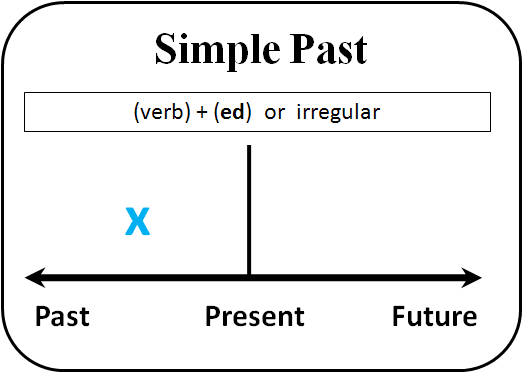
2. Múltbeli szokásos, ismétlődő cselekvés kifejezésére.
I went to school when I was 6 years old.
3. Narratív, elbeszélő szövegekben, történet elmesélésekor.
I ate my breakfast then I went to school.
4. A múltban egy időszakot kitöltő cselekvés, ami lezáródott.
I lived in Brazil for two years.
5. Múltbeli cselekvés, ami a jövőben nem ismétlődhet meg.
I met John Lennon.
(2) Képzése:
+ A + ige 2. alak
I went for a walk yesterday.
— A + did + not + ige 1. alak
She didn’t read last week.
? Did + A + ige 1. alak?
Did you go to school when you were ill?
(3) Időhatározók:
- yesterday, yesterday evening
- the day before yesterday
- last night / week / year / month
- in 1952, in September, in spring, on Monday, for (5 years)
- 2 hours ago, 2 years ago
- one day, the other day, once
- once upon a time...
(4) Kérdőszó:
when?
![]() Exercise 1: Past Simple Jokes
Exercise 1: Past Simple Jokes
![]() Exercise 2: Irregular Verbs Movie
Exercise 2: Irregular Verbs Movie
![]() Exercise 3: Irregular Verbs Practice
Exercise 3: Irregular Verbs Practice
![]() Exercise 4: Present Perfect vs Simple Past
Exercise 4: Present Perfect vs Simple Past
FONTOS:
1. „used to” - valaha
tagadása: didn’t use to / never used to
She used to eat meat, but now she’s vegetarian.
![]() Exercise 5: Used to Practice
Exercise 5: Used to Practice
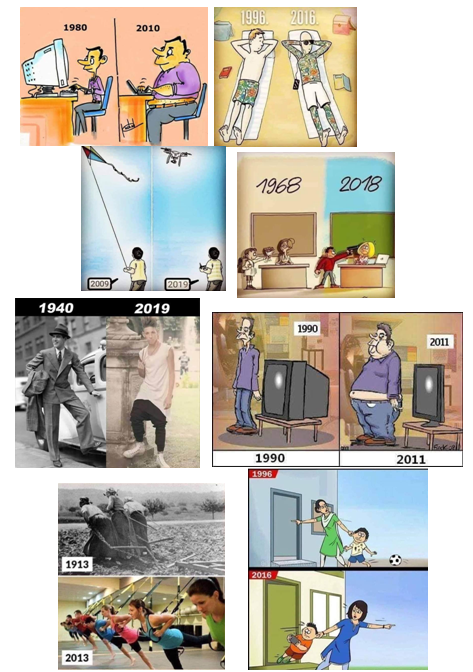
2. „would always // „would never” (jellemző volt valakire valamilyen cselekvés a múltban / +/ - kicsengés/
Sam would always choose the most exotic vacation destinations.
Jeff would never pay for drinks when we went out together with our friends.
3. was/were going to” – úgy volt…
![]() Exercise 6: Thirty-Days Challenge Video
Exercise 6: Thirty-Days Challenge Video
Past Continuous (Progressive)/ Folyamatos múlt / POSTÁS IGEIDŐ
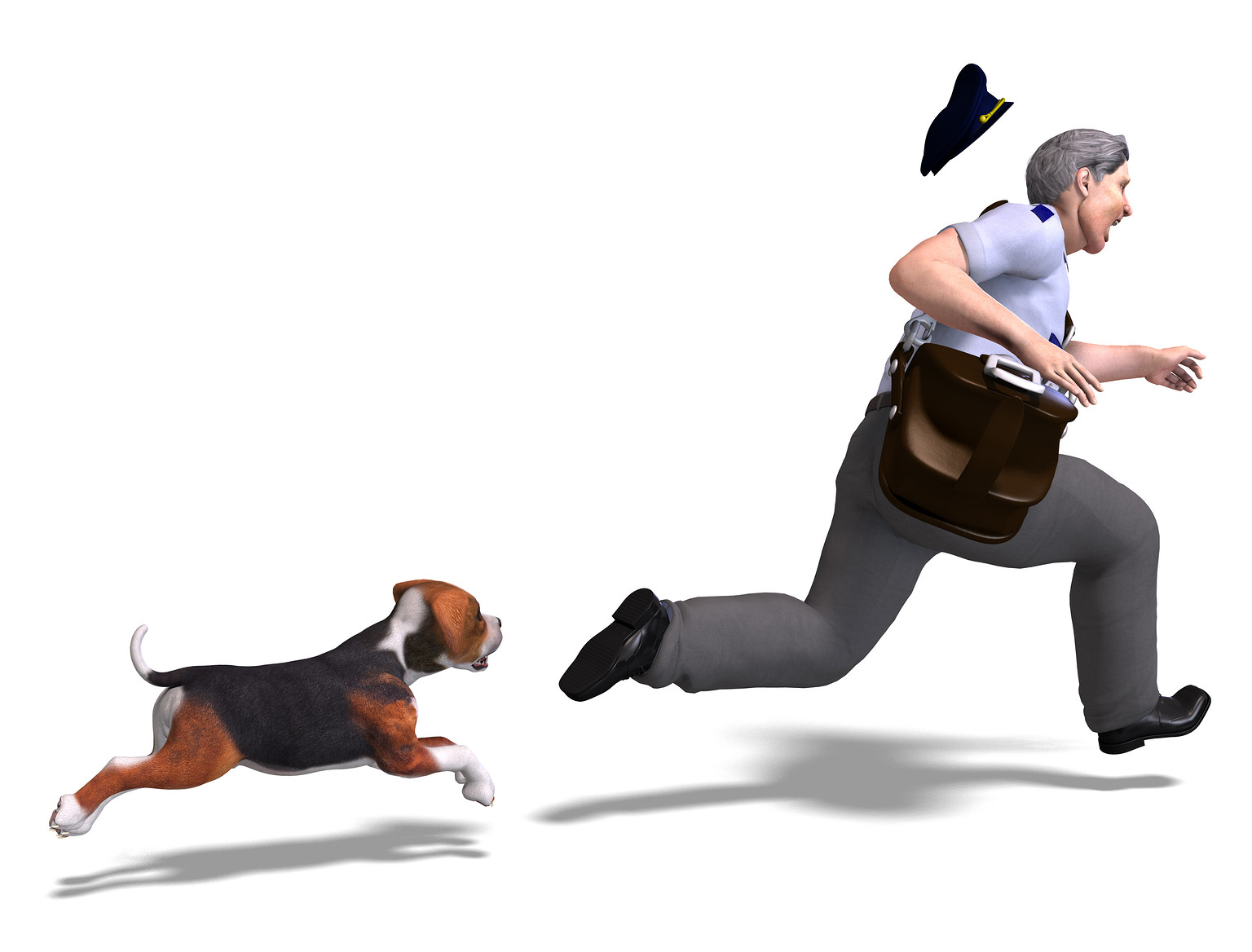
(1) Használata:
1. A múlt egy adott időpontjában folyamatosan zajló cselekvés kifejezésére. - ÉPPEN
I was reading at 6 o’clock yesterday.
2. A múlt egy adott időtartamában zajló cselekvés kifejezésére. - EGÉSZ
I was dancing all afternoon yesterday.
3. A múltban két párhuzamosan zajló cselekvés kifejezésére. - MIALATT
While my mother was ironing, Joe was singing in the toilet.
4. A múltban folyamatosan zajló cselekvés közben egy rövid esemény történik. - AMIKOR
/Az esemény = Simple Past; a cselekvés = Past Continuous/
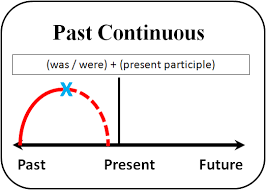
I was washing my hair when the postman rang the bell.
5. Múltbeli irritáló szokás / cselekvés kifejezésére.
They were always complaining.
(2) Képzése:
+ A + was/were + ige + -ing
pl.: She was reading yesterday afternoon.
— A + was/were + not + ige + -ing
pl.: I wasn’t walking yesterday afternoon.
? Was/Were + A + ige + -ing?
pl.: Were you playing basketball while your mother was doing the shopping?
(3) Időhatározók:
- at 3 o’clock
- all (the) afternoon, all day
- when…, as…, while…
- from…to, between…and…
- in the meantime
![]() Exercise 7: Past Simple vs Past Continuous Story
Exercise 7: Past Simple vs Past Continuous Story
![]() Exercise 8: Past Simple vs Past Continuous Jokes
Exercise 8: Past Simple vs Past Continuous Jokes
![]() Exercise 9: Past Simple vs Past Continuous Movie
Exercise 9: Past Simple vs Past Continuous Movie
Past Perfect / Régmúlt / RÉGESRÉGI IGEIDŐ

(1) Használata:
1. Egy múlt idejű cselekvés kifejezése, amely a másik múlt idejű cselekvéshez viszonyítva:
Ø már befejeződött.
I had finished my homework by the time Joe arrived home.
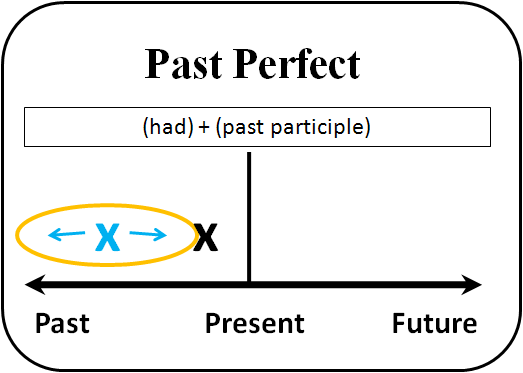
Ø még folyamatban volt.
I had been in the army for 10 years when we met.
Az időben hozzánk közelebbi cselekvést helyettesíthetjük időhatározós szerkezettel.
- by 6 o’clock
- by that time
- by the time + Simple Past
2. Múltbeli cselekvés, amelynek a múltban volt eredménye.
I had worked in the garden that’s why I was tired yesterday.
(2) Képzése:
+ A + had + ige 3. alak
pl.: She had done the ironing, when her husband came home.
— A + had + not + ige 3. alak
pl.: He hadn’t made the coffee, when his wife got up.
? Had + A + ige 3. alak?
pl.: Had you done your homework by that time?
(3) Kötőszavak:
- when
- before, after
- by the time, by that time, by…
- till, until, as soon as
![]() Exercise 10: Past Perfect Practice
Exercise 10: Past Perfect Practice
![]() Exercise 11: Past Simple vs Past Continuous vs Past Perfect Video
Exercise 11: Past Simple vs Past Continuous vs Past Perfect Video
Past Perfect Continuous / Folyamatos-befejezett múlt / ANGOLTANULÓS IDŐ
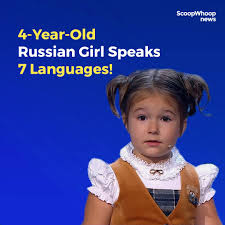
(1) Használata:
1. A cselekvés a múltban kezdődött, és egy későbbi cselekvés megindulásáig, vagy azon túl is tartott.
I had been working for the army for 2 years when we met.
2. A cselekvés a múltban kezdődött, és egy későbbi időpont előtt fejeződött be, vagy azon túl is tartott.
By the time she got four years old, she had been learning English for three years.
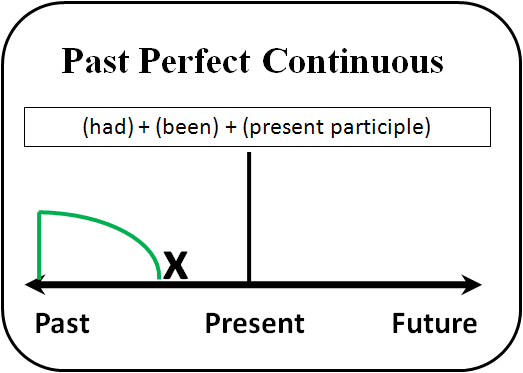
3. A múlt idejű cselekvésnek a múltban eredménye volt.
I was tired because I had been working in the garden all day.
(2) Képzése:
+ A + had + been + ige + -ing
pl.: I had been living here for 3 years, when we met.
— A + had + not + been + ige + -ing
pl.: She hadn’t been working here, when the new boss came.
? Had + A + been + ige + -ing?
pl.: Had you been living here, when your neighbour died?
(3) Időhatározók:
- all
- for (2 hours), since
- by …, by that time…
![]() Exercise 12: Past Perfect vs Past Perfect Continuous
Exercise 12: Past Perfect vs Past Perfect Continuous
![]() Exercise 13: Translation Narrative Tenses
Exercise 13: Translation Narrative Tenses
![]() Exercise 14: Narrative Tenses
Exercise 14: Narrative Tenses